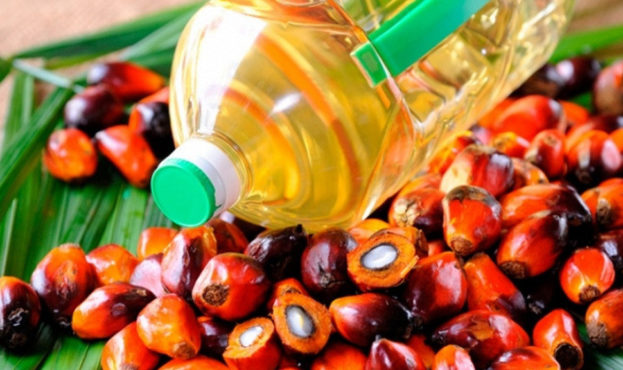Malaysia to double palm oil exports to China, dodge EU restrictions

Malaysia says it will double palm oil exports to China to half a million tonnes annually as the Southeast Asian nation moves against European restrictions on a commodity used in everything from cookies to cosmetics.
The plan was made public on Sunday at the 20th China-ASEAN Expo in the southern Chinese city of Nanning, where representatives of the countries signed investment deals worth 19.84 billion ringgit ($4.23 billion) to develop warehousing, logistics and waste-to-energy power plants in Malaysia.
Among the deals is a 2.5 billion-ringgit memorandum of understanding (MOU) between Malaysia’s state-owned Sime Darby Oils International and GuangXi Beibu Gulf International Port Group, which will build a trading and distribution center for refined palm oil in the Chinese city of Qinzhou. The facility will have an annual transaction volume of 500,000 tonnes to meet growing demand across the country.
China is among the top importers of palm oil from Malaysia — the world’s second-biggest producer — alongside India, Turkey, Kenya and Japan.
Since 2009, China has been Malaysia’s top trading partner. Last year, the Southeast Asian nation’s exports to China grew 9.4% to 210.6 billion ringgit.
Also, the countries together have built joint industrial parks in both countries to boost ties.
China has moved to increase trade with Southeast Asia in the face of soaring tensions with the U.S. and other developed economies.
“Malaysia is confident that our trade and economic relations with China will only grow stronger through various strategic initiatives,” Malaysian Prime Minister Anwar Ibrahim said during an official visit to the expo.
Anwar was quoted by Malaysian state news agency Bernama as saying his country would double palm oil exports to China from their current 250,000 tonnes annually.
The palm oil deal will help protect the sector, including small farmers, Anwar added, as Malaysia and top producer Indonesia fight stricter European Union regulations.
In May, the neighbors sent a joint mission to Brussels to express their opposition to deforestation regulations adopted last year. The rules bar companies from selling or exporting certain commodities within the European bloc — including palm oil, soy, coffee, cacao and rubber — that were grown on land deforested after 2020.
The palm oil sector has been widely criticized by environmentalists who say vast plantations aggravate deforestation and threaten wildlife habitats.
In June, Florika Fink-Hooijer, the European Commission’s director general for the environment, told Nikkei Asia that the EU established a joint task force with Malaysia and Indonesia to address concerns over the new regulations and is expected to meet in Kuala Lumpur in December.
In the first half of the year, profits at Malaysian palm oil companies took a hit, with plantation earnings at state-owned FGV Holdings plunging 97%, to 13.76 million ringgit.
Domestic production from January through June fell 2.3% to 8.08 million tonnes, according to data from the Malaysian Palm Oil Board.
Read also
Wheat in Southern Brazil Impacted by Dry Weather and Frosts
Oilseed Industry. Leaders and Strategies in the Times of a Great Change
Black Sea & Danube Region: Oilseed and Vegoil Markets Within Ongoing Transfor...
Serbia. The drought will cause extremely high losses for farmers this year
2023/24 Safrinha Corn in Brazil 91% Harvested
Write to us
Our manager will contact you soon



